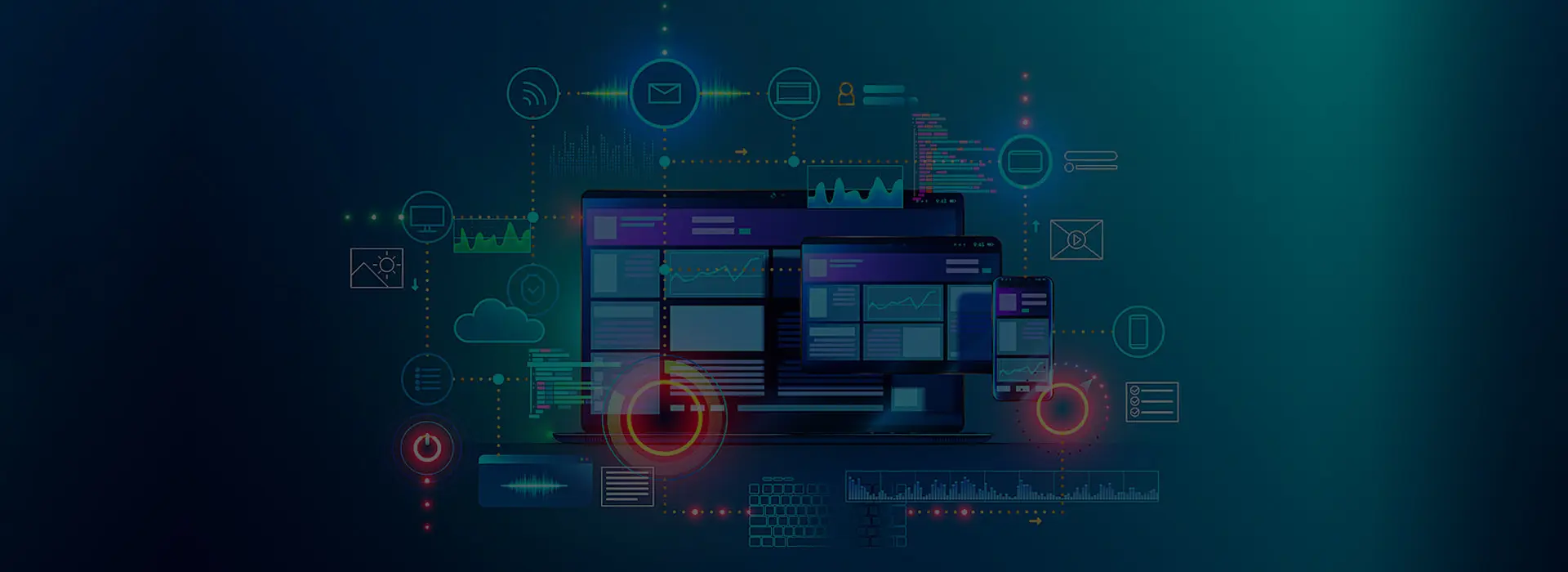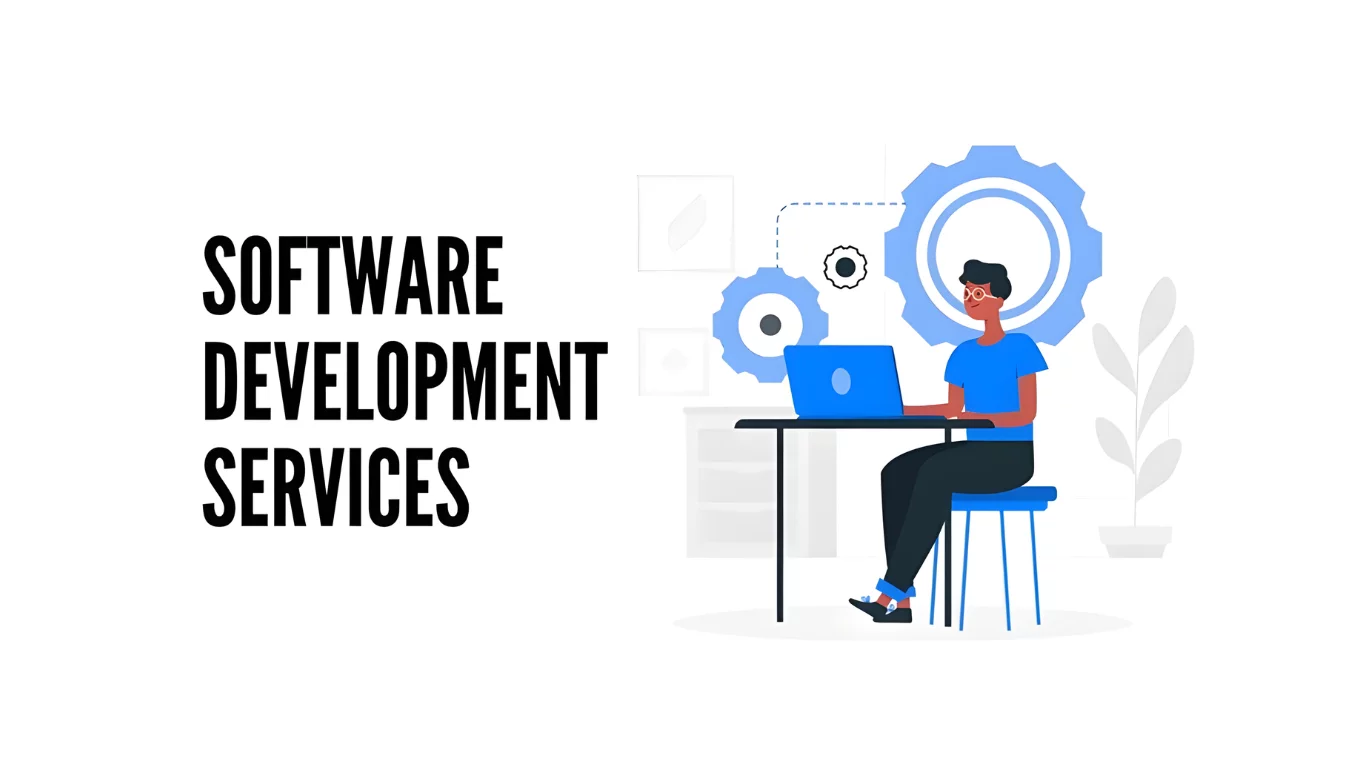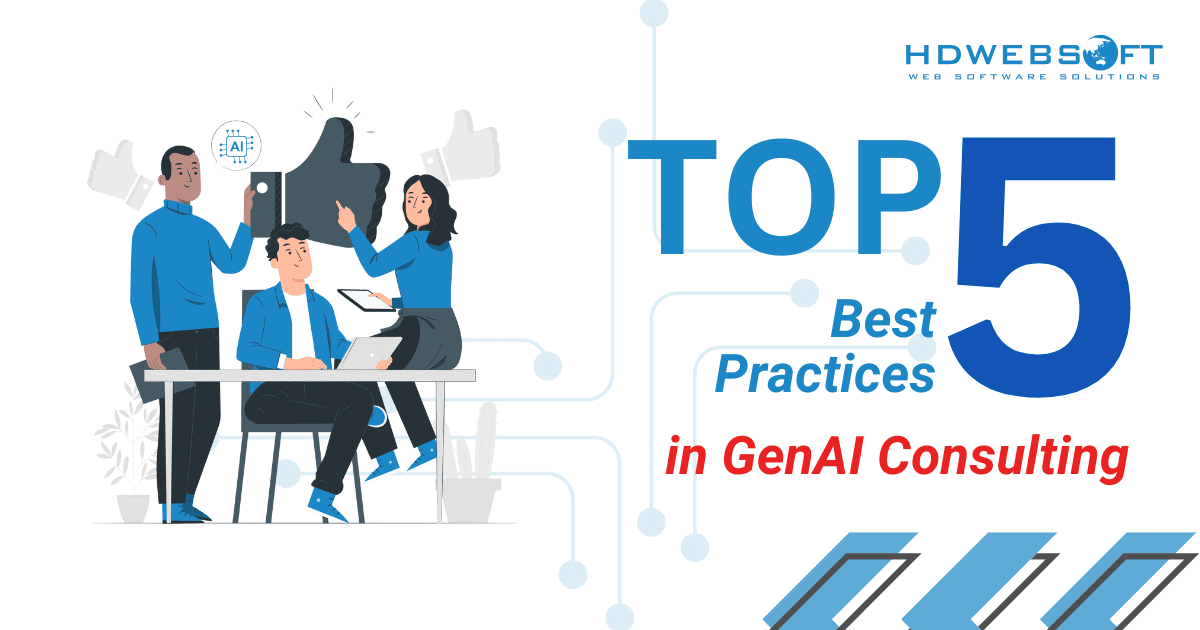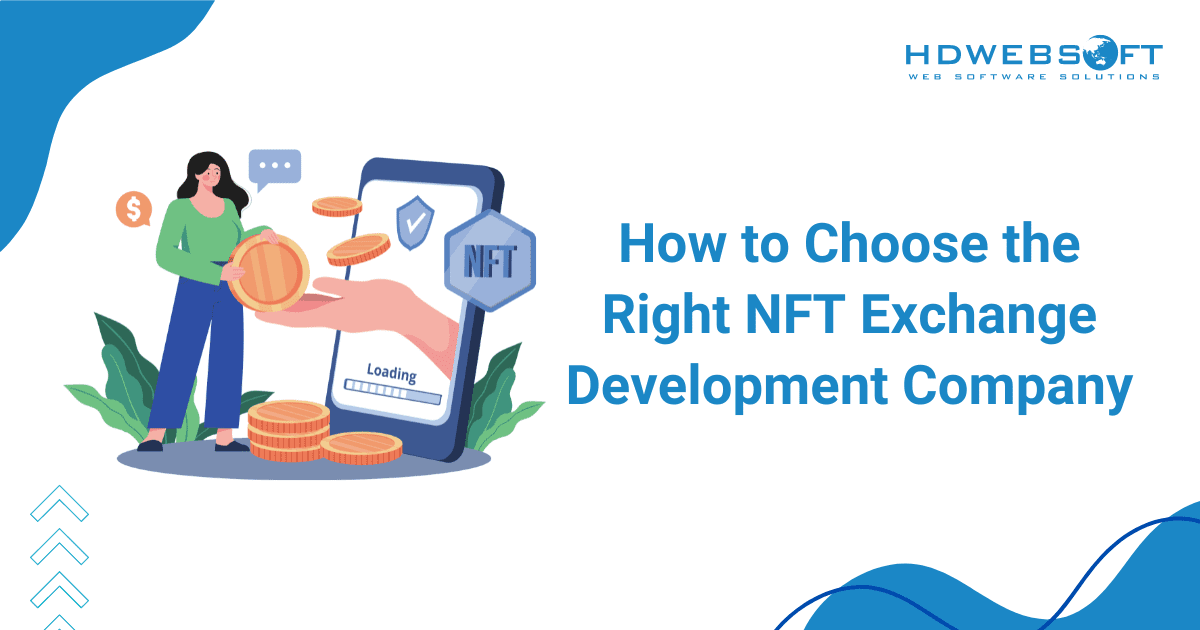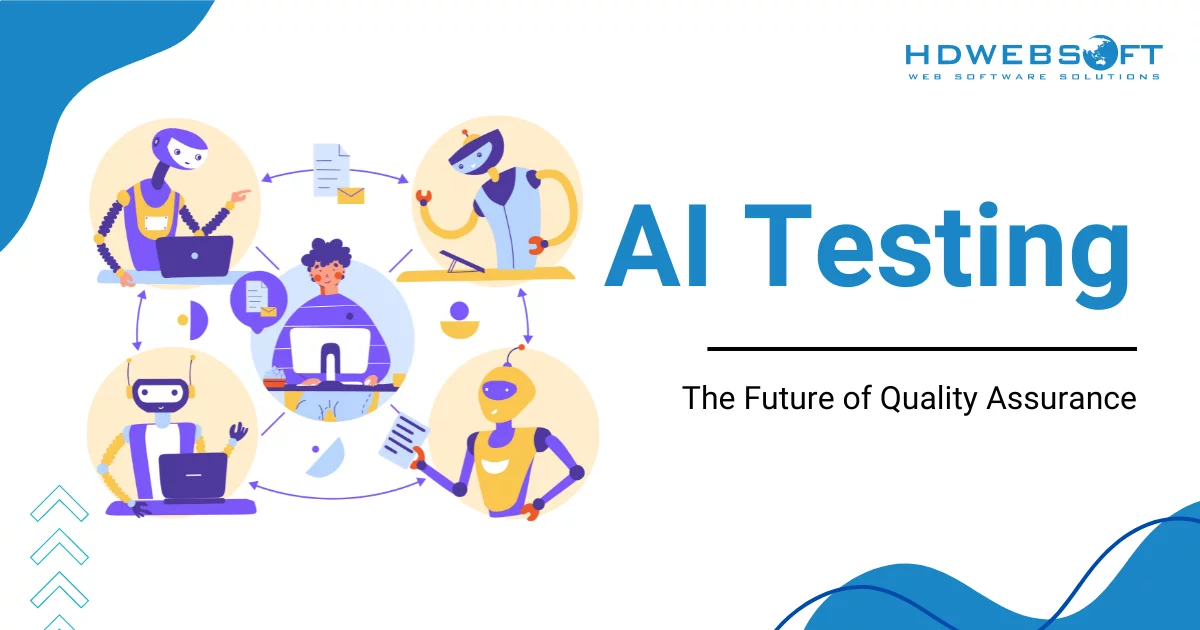
AI Testing: The Future of Quality Assurance
AI testing is rapidly transforming the software development landscape as the demand for faster and more reliable software testing has never been greater. The rise of artificial intelligence development is revolutionizing quality assurance (QA). It assists organizations in enhancing their testing capabilities and delivering higher-quality software.
In this blog, we’ll explore the definition of AI testing, its types, and how AI can optimize testing. We’ll also delve into its benefits and why it’s set to revolutionize the software industry.
What is AI testing?
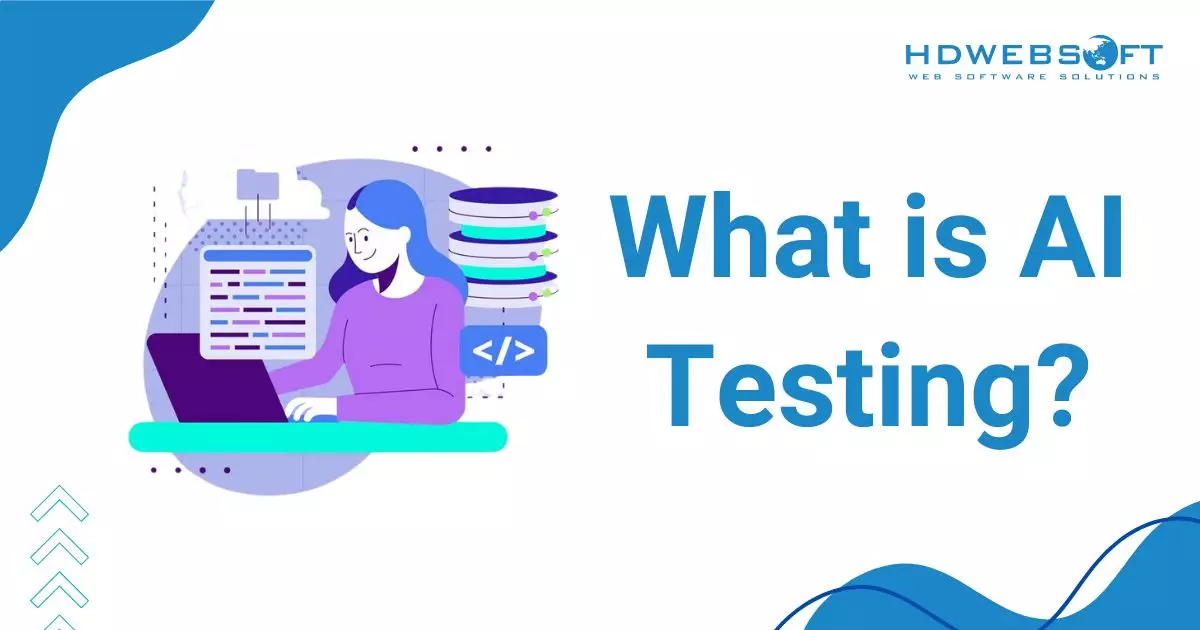
At its core, AI testing refers to the application of artificial intelligence techniques and algorithms in the software testing process. Unlike traditional testing methods, which rely heavily on manual efforts and predefined test cases, AI testing offers a more efficient and effective approach. It leverages machine learning (ML), natural language processing (NLP), and other AI technologies to automate and optimize testing activities. This approach enables the testing process to adapt and learn over time, improving accuracy, coverage, and efficiency.
According to a report, the global market for AI in software testing is expected to grow at a CAGR of 19.1%. Over the next four years, it’s estimated to reach a value of $297.9 billion. This rapid growth highlights the increasing adoption of AI testing solutions across industries. This is because companies strive to keep up with the demands of modern software development.
AI in software test automation
The concept of AI testing is revolutionizing testing by introducing intelligent automation to learn, adapt, and optimize testing processes. AI-driven test automation tools leverage ML algorithms and predictive analytics. Resultantly, they can automatically generate test cases, prioritize critical tests, and identify potential defects with greater accuracy and speed.
This approach reduces the time and effort required for manual testing. It also enhances test coverage and reliability, enabling faster and more efficient software delivery. As a result, artificial intelligence is becoming an essential component of modern quality assurance strategies.
Learn more about HDWEBSOFT Test Automation Services.
Types of Artificial Intelligence testing
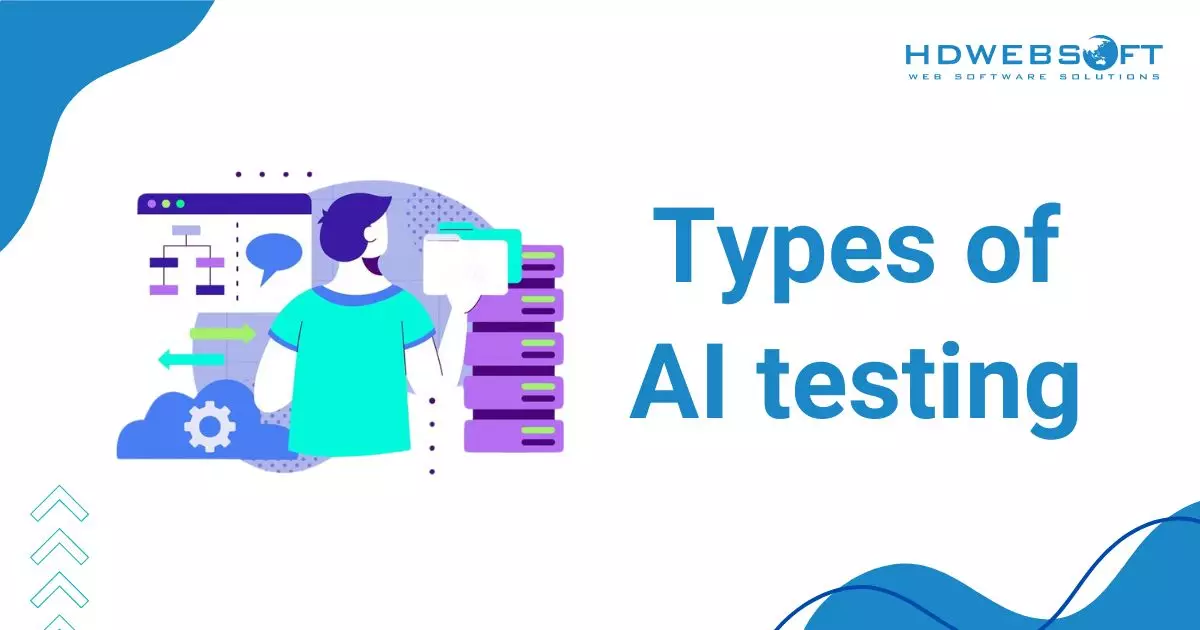
While human testing remains indispensable, AI testing can significantly enhance software quality assurance. The following four areas highlight how AI can boost efficiency and accuracy:
Unit Testing
First of all is unit testing. It involves verifying individual components or units of a software application to ensure that they function correctly in isolation. AI enhances this process by automatically generating test cases based on the code structure and previous test data. AI algorithms can identify edge cases that might be overlooked by manual testing, providing more thorough coverage.
In addition, Artificial Intelligence can analyze the results of unit tests. It can suggest optimizations or identify patterns of recurring issues, which further improves code quality.
Functional Testing
Next, functional testing assesses the software’s compliance with specified requirements by examining its functional behavior. Artificial Intelligence testing automates the creation and execution of test cases. It focuses on how well the software performs its intended functions.
Besides, Artificial Intelligence-driven tools can simulate user interactions, validate outputs, and ensure that the software meets its functional specifications. By continuously learning from previous tests, AI testing can optimize test scenarios. Additionally, it can prioritize critical paths and adapt to changes in the software. This ensures that all functional aspects are thoroughly tested.
Non-Functional Testing
Conversely, non-functional testing evaluates aspects of the software unrelated to specific functions, such as performance, security, and usability. AI testing plays a crucial role in automating and enhancing non-functional testing. Specifically, the AI algorithms will simulate various load conditions, analyze system performance under stress, and detect security vulnerabilities.
Furthermore, AI can assess usability by analyzing user behavior data. It will identify areas for improvement and ensure that the software meets user experience standards. With this capacity, non-functional testing becomes more efficient and capable of identifying potential issues before they impact the end-user experience.
Visual Testing
This kind of AI test verifies that a software application’s UI appears correctly across different devices, screen sizes, and resolutions. AI in software testing can automatically detect visual anomalies, such as misaligned elements, incorrect colors, or layout issues. It does this by comparing the UI against predefined design specifications or previous versions.
Additionally, Artificial Intelligence-powered visual testing tools can identify subtle differences. These differences might be missed by manual testers, ensuring that the application’s visual quality is consistent across all platforms. This test type is particularly important for complex or dynamic UI applications, where manual visual inspection would be time-consuming and error-prone.
How can artificial intelligence optimize testing?
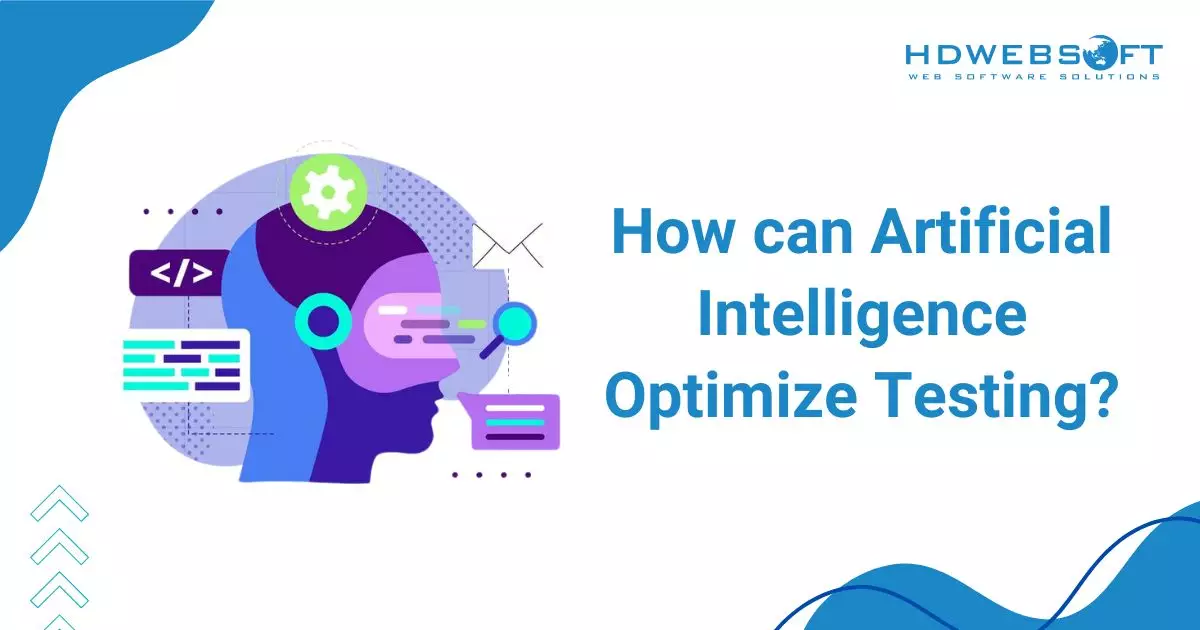
Testing with AI is revolutionizing the software testing landscape by introducing innovative ways to optimize the testing process. Here’s how AI optimizes it across various dimensions:
Fast Test Execution
One of Artificial Intelligence testing’s most significant advantages is its ability to execute tests much faster than traditional methods. In fact, AI-driven testing tools can parallelize the execution of multiple test cases, reducing the time required to run large test suites.
Moreover, by analyzing code changes, AI can also identify and prioritize the most critical test cases, ensuring that the most impactful tests are executed first. This accelerates test execution, allowing for more rapid iterations and quicker feedback cycles. Ultimately, it speeds up the entire development process.
Self-Healing Capabilities
AI in software testing introduces self-healing capabilities, which automatically adjust test scripts when changes are made to the application’s user interface or codebase. In contrast, traditional testing, even with small application changes, could break existing test scripts, requiring manual intervention to update them.
However, AI testing tools can detect these changes and autonomously update the affected test cases, reducing maintenance efforts and minimizing downtime. Consequently, this self-healing ability ensures that tests remain functional and reliable even as the application evolves.
No-Code Testing
Artificial intelligence promotes the concept of no-code testing, where users can create and execute tests without writing any code. AI-driven platforms offer intuitive interfaces that allow testers to build test cases using natural language or simple drag-and-drop actions.
Consequently, this democratization of testing enables non-technical stakeholders to contribute to the testing process. It helps enhance collaboration and broadens the scope of testing efforts. Additionally, no-code testing powered by Artificial Intelligence also reduces the learning curve, allowing teams to adopt AI testing solutions more easily.
CI/CD Integration
Continuous Integration and Continuous Deployment pipelines are essential for modern software development, enabling rapid and reliable delivery of software updates. AI in software testing seamlessly integrates with CI/CD workflows, automating the execution of tests as part of the pipeline.
Hence, AI-powered tools can dynamically adapt to changes in the pipeline, ensuring that tests are run at the right stages and on the most relevant code changes. This integration accelerates the delivery process and enhances the quality of software releases by ensuring that all code changes are thoroughly tested before deployment.

AI testing will make sure of the integration of CI/CD workflow for a perfect software solution.
Detailed Test Reports
With AI testing tools, generating detailed test reports that provide insights far beyond traditional pass/fail results is an easy feast. These reports can include data-driven analysis, such as identifying patterns of defects, predicting potential issues, and recommending areas for further testing.
By leveraging ML algorithms, these tools can provide actionable insights that help development teams understand the root causes of defects and improve the overall quality of the application. Artificial Intelligence’s detailed and intelligent reporting capabilities make it easier for teams to make informed decisions and prioritize testing efforts.
Increased Test Coverage
One of the most significant benefits of AI in software testing is the ability to increase test coverage without proportionally increasing the workload. AI algorithms can analyze codebases, user interactions, and historical test data to identify areas that may have been overlooked in manual testing.
Thus, AI testing tools automatically create and run new test cases to fill in gaps in coverage. This means AI testing tools test a wider range of scenarios, leading to greater confidence in the software’s quality. As a result, there’s a lower risk of defects slipping through to production.
Let’s take a look at AI and Machine Learning Trends for 2025.
What tasks can’t be done with AI testing?
While AI testing offers a range of benefits, several tasks in software testing are still beyond AI’s ability to handle fully. These limitations highlight the need for human expertise and judgment in certain areas of the quality assurance process.
Understanding Context and Business Logic
Artificial Intelligence technology is excellent at automating repetitive tasks and analyzing large datasets. However, it lacks the ability to understand the context and business logic behind a software application.
AI can execute tests and detect anomalies but cannot fully grasp the specific requirements or the intended user experience. The interpretation of complex scenarios, validation of business rules, and ensuring that the application aligns with the overall business objectives still require human expertise.
Read more: The Importance of Ethical AI.
Exploratory Testing
Exploratory testing involves creatively probing a software application to discover unexpected behaviors or edge cases that were not considered during the planning phase. This type of testing relies heavily on the intuition, experience, and critical thinking of human testers. AI testing is limited in its ability to perform exploratory testing because it follows predefined algorithms. It also lacks the creativity and adaptability that human testers bring to the process.
Assessing User Experience (UX)
User experience (UX) is a critical aspect of software quality that involves evaluating how users interact with the application and how they perceive its usability, design, and overall feel. While Artificial Intelligence can automate certain aspects of UI testing, it cannot assess the subjective experience of real users. Human testers are essential for evaluating factors such as ease of use, visual appeal, and emotional impact, which are crucial for delivering a positive user experience.

AI testing can’t help in assessing user experience. Human testers are necessary in this field.
Handling Complex Decision-Making
Artificial Intelligence can analyze data and identify patterns, but it needs to be more capable of making complex decisions that require deep understanding or ethical considerations. For example, determining the trade-offs between different features, balancing security and usability, or making judgment calls in ambiguous situations are tasks that require human involvement. AI can assist in providing data-driven insights, but final decisions still rely on human judgment.
Maybe you’re interested: Will AI replace software programmers and developers?
AI testing tools in the market
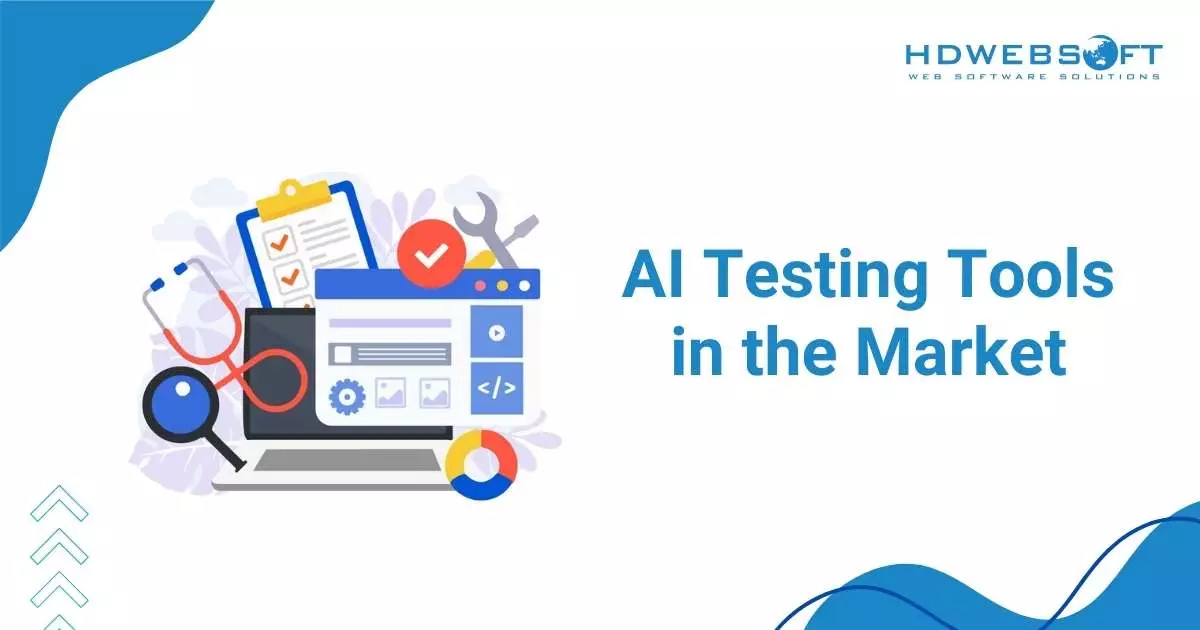
For the obvious reason, AI tools are rapidly gaining traction in the software testing industry, offering advanced features that leverage artificial intelligence. Below are some of the leading AI testing tools currently available in the market:
Selenium with AI Integrations
While Selenium itself is not an AI-powered tool, it has become a foundation for many AI-driven testing solutions. Several tools and frameworks have been built on top of Selenium to introduce Artificial Intelligence capabilities, such as smart selectors, self-healing scripts, and enhanced test analysis. Integrating Artificial Intelligence with Selenium can help overcome some of the challenges of traditional test automation. Maintaining test scripts in dynamic and rapidly changing environments is one such challenge.
Testim
Next, Testim is an AI testing automation tool that focuses on making the creation and maintenance of test cases easier and more efficient. It uses ML algorithms to adapt test cases as the application evolves, minimizing the need for manual updates. Testim’s self-healing capabilities allow it to automatically adjust to changes in the UI, reducing test maintenance time.
Also, Testim offers robust reporting and analytics features that provide deep insights into test results and help identify potential issues early in the development process.
Test.ai
As a testing tool, Test.ai focuses on automating UI testing with AI-driven bots that mimic real user interactions. It uses Artificial Intelligence to recognize and interact with elements on the screen, allowing for the testing of applications without needing to write specific test scripts for each UI component.
Moreover, Test.ai’s ML models improve over time, adapting to changes in the UI and reducing the need for manual test updates. This tool is particularly useful for testing mobile and web applications with constantly evolving user interfaces.
Conclusion
In this ever-evolving world, AI testing is poised to revolutionize the quality assurance landscape, offering faster, more accurate, and more efficient testing processes. The future of quality assurance lies in AI-driven testing, and businesses that adopt this technology will be better positioned to deliver high-quality software in an increasingly competitive market.


